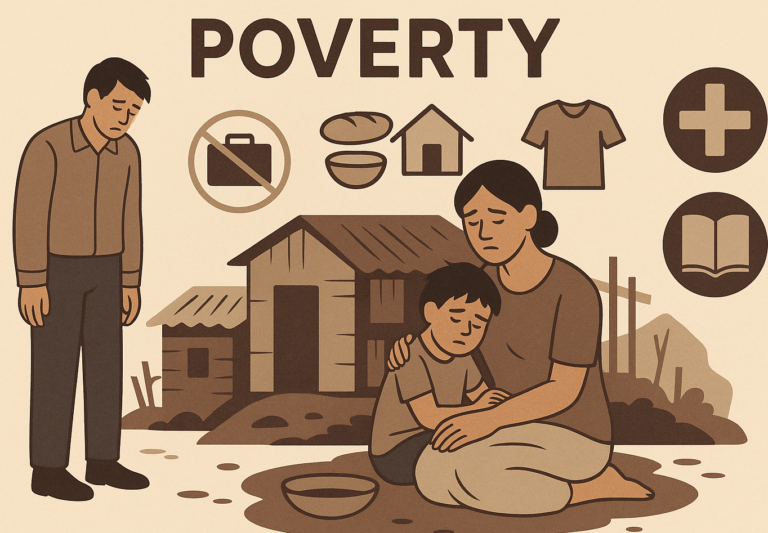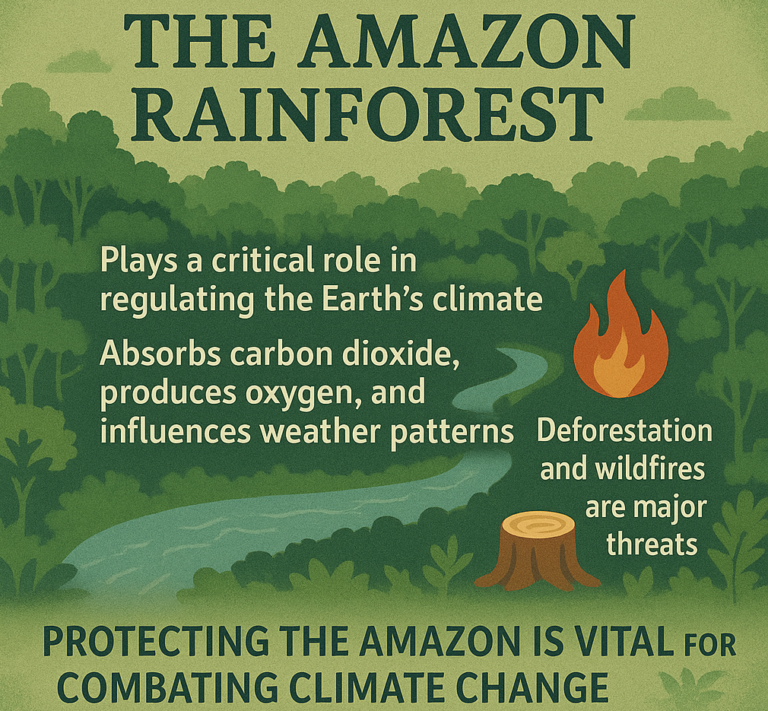Colonialism and Imperialism: An Easy Guide
Colonialism and imperialism are terms that describe the ways in which powerful countries expanded their influence and control over other regions or countries. While the terms are often used interchangeably, they have distinct meanings and historical contexts. Let’s break these two concepts down in an easy-to-understand way, exploring what they are, how they happened, and the lasting impact they have had on the world.

What is Colonialism?
Colonialism refers to the practice of one country establishing control over another territory or country, often by settling its own population there, exploiting resources, and asserting political and economic dominance. In colonialism, the colonizing country sends its own people to live in the colonized land, establishing settlements and governing the area.
Key Features of Colonialism:
- Settlement and Control: Colonial powers often sent settlers to live in the new territory. These settlers established colonies where they ruled over the indigenous population and exploited the land’s resources.
- Economic Exploitation: Colonizing countries would extract natural resources (such as gold, rubber, or spices) from the colonized lands and send them back to the home country. In return, the colonized regions often suffered from poverty and economic inequality.
- Cultural Domination: Colonial powers imposed their own cultures, languages, and religions on the people in the colonies. Indigenous cultures were often suppressed or forced to change, leading to the loss of traditional ways of life.
- Political Control: Colonial rulers governed the colony, making decisions for the people there. The colonized country had little to no say in its own governance, and political power was in the hands of foreign rulers.
Examples of Colonialism:
- The British Empire: The British were one of the largest colonial powers, establishing colonies in regions like Africa, India, North America, and the Caribbean. For example, the British established the 13 Colonies in America, which later became the United States.
- French Colonialism: France also established colonies in Africa, Southeast Asia, and the Caribbean. The French controlled large parts of West Africa and Vietnam for many years.
- Spanish Colonialism: Spain colonized much of Central and South America, including countries like Mexico, Peru, and Argentina. They extracted resources like silver and gold and imposed Spanish culture and religion.
Effects of Colonialism:
- Loss of Independence: Indigenous peoples were often stripped of their autonomy and self-governance. Colonial powers imposed new political systems and boundaries that didn’t align with the existing cultures or societies.
- Economic Exploitation: Colonies were used primarily for the benefit of the colonizing country, leading to an unequal economic relationship. While colonial powers gained wealth, the people in the colonies often lived in poverty.
- Cultural Suppression: Native languages, religions, and customs were often replaced by those of the colonizers, leading to cultural erasure and loss of heritage for indigenous people.
- Conflict and Resistance: Colonized peoples often resisted foreign rule through revolts, uprisings, and independence movements. For example, India fought for independence from British rule, which it achieved in 1947.
What is Imperialism?
Imperialism is a broader term that refers to the policy of extending a country’s power and influence over other regions, often through diplomacy, military force, or colonization. While colonialism is one form of imperialism, imperialism can also involve indirect control, like using economic pressure or political influence, without the establishment of formal colonies.
Key Features of Imperialism:
- Economic Domination: Imperial powers often dominated weaker countries economically, using their resources for their own benefit. This could involve controlling trade routes, exploiting raw materials, and establishing monopolies.
- Political and Military Control: Imperialist powers sought to exert their control by influencing governments, often through military force or by installing puppet regimes. They didn’t always settle their own people in the conquered areas, but they controlled them through political and military means.
- Expansion of Power: Imperialism was often driven by the desire to increase a country’s global power and prestige. A country that had more colonies or controlled more territories was seen as more powerful and influential.
- Indirect Rule: While colonialism involved direct settlement and control, imperialism can also involve indirect control. In imperialist systems, local rulers might still be in charge, but they were controlled by the imperial power through economic, political, or military means.
Examples of Imperialism:
- The British Empire: While British colonialism involved settling in places like North America and India, British imperialism extended to places like China, where they exerted influence through unequal treaties (e.g., the Opium Wars) and controlled trade without directly ruling the land.
- The United States: During the late 19th and early 20th centuries, the United States practiced imperialism through policies like the Monroe Doctrine, which sought to prevent European interference in the Americas, and through the acquisition of territories like the Philippines and Puerto Rico.
- Japan’s Imperialism: In the early 20th century, Japan engaged in imperialist practices by invading and colonizing Korea and parts of China, seeking to expand its territory and resources.
Effects of Imperialism:
- Exploitation of Resources: Much like colonialism, imperialism often led to the exploitation of a country’s natural resources for the benefit of the imperial power. Countries under imperial control often saw their economies distorted to serve foreign interests.
- Cultural Influence and Transformation: Imperial powers influenced the cultures of their colonies and spheres of influence. This included the spread of languages, religions, and customs, sometimes leading to the domination of the imperial power’s culture.
- Nationalism and Resistance: Imperialism often led to the rise of nationalism, where local populations sought independence and autonomy. Many independence movements in the 20th century were reactions against imperialist domination.
- Geopolitical Tensions: Imperialist expansion sometimes led to conflicts between imperial powers. The Scramble for Africa in the late 19th century, where European powers divided up the African continent, is an example of how imperialism created competition and tension.
Colonialism vs. Imperialism: Key Differences
| Aspect | Colonialism | Imperialism |
|---|---|---|
| Definition | Direct control of a territory by settling people and governing. | Indirect or direct control through diplomacy, military, or economic dominance. |
| Method of Control | Settling the colony with people from the colonizing country. | Political, economic, or military influence without necessarily settling. |
| Examples | British in India, Spanish in Latin America. | British in China, U.S. influence in Latin America. |
| Focus | Establishing colonies and settlements. | Expanding power and influence through various means. |
| Impact | Direct control over local populations, economic exploitation. | Political and economic control, cultural influence. |
Why Did Colonialism and Imperialism Happen?
- Economic Motivation: Colonial and imperial powers sought to expand their wealth by controlling resources, markets, and trade routes.
- Military Power: Strong countries wanted to extend their influence and control over other regions to gain a strategic advantage, whether for defense or dominance.
- National Prestige: Expanding an empire was often seen as a sign of national strength and power. The more territories a country controlled, the more powerful it seemed.
- Cultural and Religious Superiority: Many colonial powers believed they had a duty to “civilize” the people they colonized, spreading their own culture, language, and religion, often at the expense of local traditions.
The Legacy of Colonialism and Imperialism
Both colonialism and imperialism left lasting legacies that are still felt today:
- Economic Inequality: Many former colonies and territories continue to struggle with economic challenges, as they were often left with underdeveloped economies designed to benefit their colonizers.
- Cultural and Social Disruptions: Colonization and imperialism often led to the loss of indigenous cultures, languages, and traditions. In some regions, people are still recovering from the effects of cultural assimilation or suppression.
- Political Instability: The borders created by colonial powers often ignored ethnic and cultural divisions, leading to political instability and conflicts in many regions (e.g., in Africa and the Middle East).
- Independence Movements: In the 20th century, many countries gained independence from their colonial rulers, and these struggles for freedom reshaped the global political landscape.
Conclusion: The Impact of Colonialism and Imperialism
Colonialism and imperialism were defining features of global history, with powerful countries exerting control over weaker regions for economic, political, and military gain. While these systems enriched colonial powers, they often led to exploitation, cultural suppression, and long-lasting consequences for the people in the colonized territories. The effects of colonialism and imperialism continue to shape the modern world, influencing everything from economic relationships to political struggles for independence and equality.











